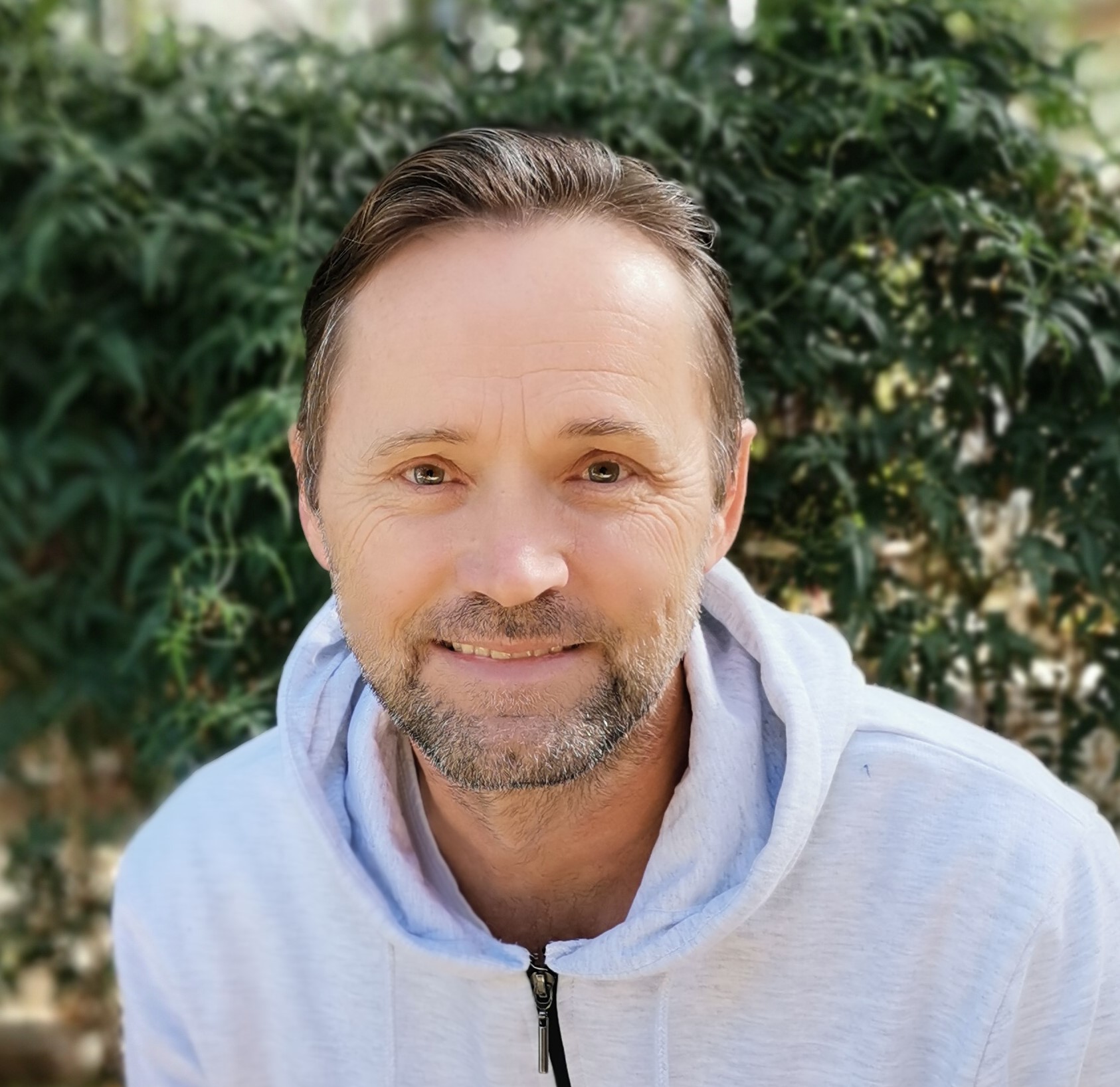Unaddressed trauma has a way of repeating itself across generations. Parents who haven’t healed from their past pain may unintentionally pass it on to their children, not out of malice, but from a place of unawareness. A parent’s unresolved grief may show up as emotional distance, while unprocessed anger can manifest as harshness. Children don’t just inherit physical traits; they inherit emotional patterns as well. By actively working on healing, parents can break this cycle, offering their children a chance to grow up free from carrying the weight of the past.
Mental health challenges cast a long shadow over the home environment. Children crave stability and security, but when a parent is overwhelmed by anxiety, depression, or trauma, the home can feel unpredictable, like walking on eggshells. This instability can deeply affect a child’s view of love and self-worth. However, when parents prioritise their mental health, they model resilience, self-compassion, and the importance of nurturing well-being.
For a child, there is nothing more valuable than having parents who can be emotionally available, capable of holding space for their feelings without being weighed down by their own pain. When a parent is overwhelmed by trauma, it’s difficult for them to be fully present for their child’s needs. Healing creates room for joy, connection, and the ability to see the child clearly - without the cloud of unprocessed hurt.
Mental health struggles may not be visible, but they profoundly impact parenting. A parent who finds it hard to manage their own mental health may be more irritable, distant, or inconsistent with affection, leaving children to question if they are lovable or worthy of steady, unconditional love. These feelings can leave lasting scars on a child’s self-esteem. Acknowledging and working through personal challenges can make a huge difference not only for the parent but also for the child, who learns that it’s okay to seek help and that healing is both possible and valuable.
By taking steps to heal - through therapy, support groups, or simply by acknowledging their pain - parents show their children that vulnerability is not weakness, but strength. This openness teaches children about self-care, honesty, and the courage it takes to confront personal struggles. Every effort toward healing gives children the gift of a more present, emotionally available parent. It’s not about being perfect; it’s about being whole enough to love fully.
Children deserve parents who can model emotional resilience, who demonstrate how to navigate hurt without being defined by it. Healing is not just for the parent - it’s for the child who needs a steady hand, a calm voice, and an open heart. By choosing to heal, parents break the cycle of inherited pain, allowing their children to grow into their own future without the weight of past hurts.
While the journey may be difficult, each step parents take towards healing is a gift, creating a home filled with love, acceptance, and emotional safety, rather than pain.



 Children need parents who are not only present but also emotionally whole and aware. When parents carry unresolved trauma, it can seep into the family environment, creating an emotional atmosphere that children intuitively pick up on. Kids are remarkably sensitive to these unspoken burdens - while they may not understand exactly what's happening, they feel the tension, sadness, or withdrawal that unresolved pain often brings. This is why it’s crucial for parents to address their mental health challenges - not just for their own well-being, but for the emotional stability and safety of their children.
Children need parents who are not only present but also emotionally whole and aware. When parents carry unresolved trauma, it can seep into the family environment, creating an emotional atmosphere that children intuitively pick up on. Kids are remarkably sensitive to these unspoken burdens - while they may not understand exactly what's happening, they feel the tension, sadness, or withdrawal that unresolved pain often brings. This is why it’s crucial for parents to address their mental health challenges - not just for their own well-being, but for the emotional stability and safety of their children.
 Copyright 2009-
Copyright 2009-
Add comment